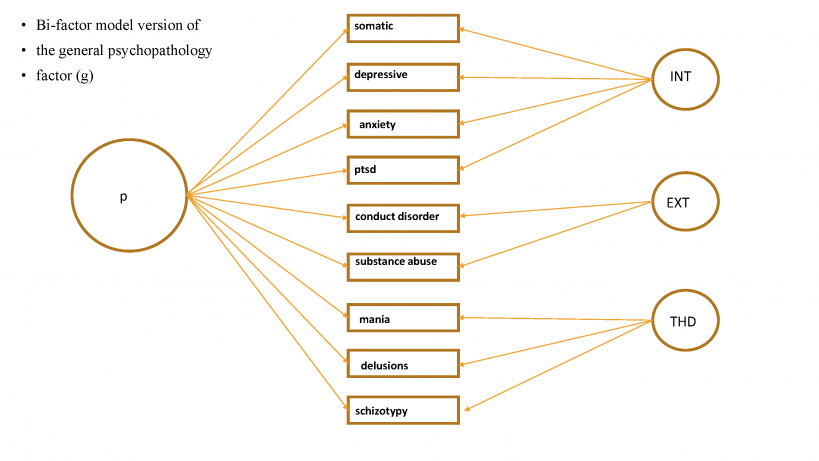Dec 16, 2021
Non-specific (Generic) Psychopathology: Considerations from the Theory of Open Concepts
- 15:00 to 16:30
- Seminar
- Practices of Validation in the Biomedical Sciences
- Peter Zachar
Two criticisms of operational definitions in psychiatry - that people diagnosed with the same disorder can share few or no symptoms in common and that the definitions allow 227 or more ways to meet criteria - seem somewhat silly on the face of it. Although two people may not share official symptoms, they can share other features not included in the operational definition. This includes non-specific symptoms that are typically relegated to the background of psychopathology by DSM and ICD definitions. When viewed as what philosophers call open concepts, operational definitions are extendable in many directions by alternatively foregrounding and backgrounding sensitive but non-specific symptoms. The rediscovery of the potential centrality of non-specific or generic symptoms as exemplified by the pluripotential risk syndrome and the general factor (p) of psychopathology help clarify the nature and limits of operational definitions. In turn, viewing operational definitions as open concepts offers a conceptual framework for the study of symptoms that cut across diagnostic boundaries and also for understanding why some purported non-specific symptoms are actually diagnostic category specific. In the light of the theory of open concepts, rather than being marketed as projects to eliminate and replace face valid clinical concepts, studies of non-specific symptoms can be seen as projects of extension.

Image created by Peter Zachar (open access).
Peter Zachar, PhD. is a Professor of Psychology and the Associate Dean of The College of Sciences at Auburn University Montgomery. The Past-president of the Association for the Advancement of Philosophy and Psychiatry, he is the author of A Metaphysics of Psychopathology (2014, MIT Press) and with Kenneth Kendler and Josef Parnas, the co-editor of Levels of Analysis in Psychopathology (Cambridge University Press, 2021).
- Lara Keuck
- Steeves Demazeux
Contact and Registration
The seminar series is open to all. To receive the zoom link, please email Birgitta von Mallinckrodt (officekeuck@mpiwg-berlin.mpg.de).
About This Series
This research seminar is hosted by the Bordeaux-Berlin Working Group on Translating Validity in Psychiatric Research and brings together historians, philosophers, psychiatrists and biomedical researchers.
